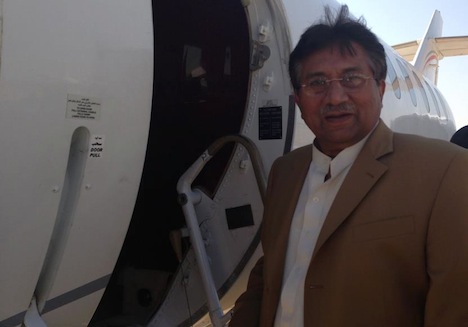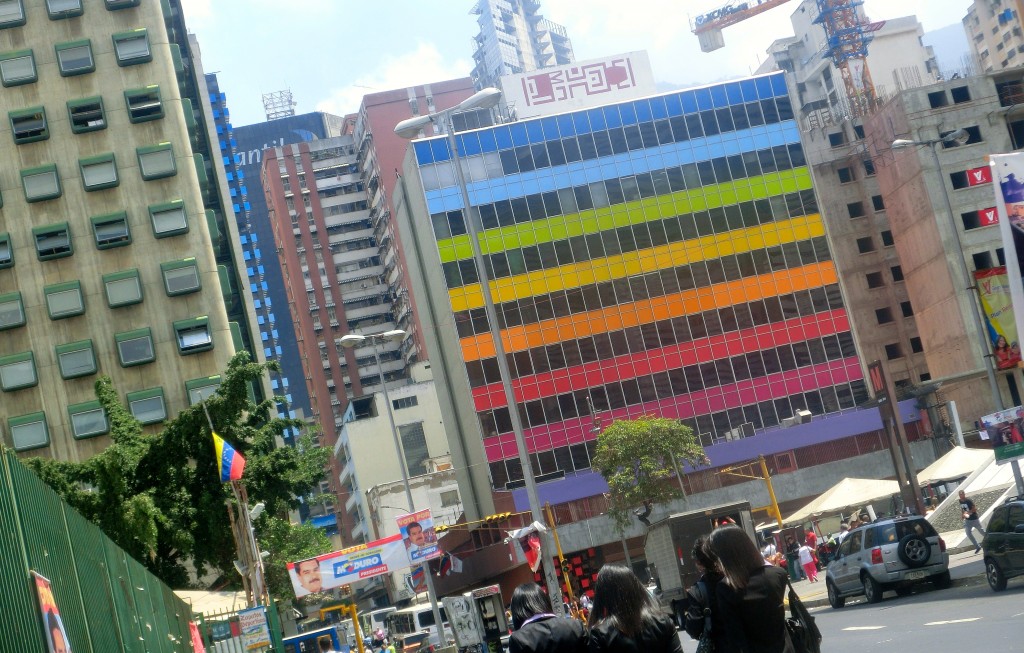Pakistan’s former leader, Pervez Musharraf, has been barred from Pakistani civilian politics for life, following a ruling this week by the Peshawar High Court, the highest court in Khyber Pakhtunkhwa province. ![]()
Musharraf, who took power as army chief of staff in 1999, ousting prime minister Nawaz Sharif at the time, left office in 2008 to the first truly free and fair elections since the 1997 election that Sharif and his Pakistan Muslim League (N) (PML-N, اکستان مسلم لیگ ن) won.
After five years outside the country, Musharraf was hoping to return to Pakistan from self-imposed exile under the banner of his newly formed (as of 2010, at least) All Pakistan Muslim League (APML, آل پاکستان مسلم لیگ). The faction that supported Musharraf throughout the 2000s, the Pakistan Muslim League (Q) (پاکستان مسلم لیگ ق, or the PML-Q), is no longer much of a factor, and what remains of the PML-Q now supports the ruling — and fading — Pakistan People’s Party (PPP, پاکستان پیپلز پارٹی).
Though the PPP is struggling in advance of the May 11 elections, Musharraf has never been thought the likely benefactor. Instead, Sharif, the prime minister that Musharraf ousted over a decade ago and who returned to Pakistan from his own exile in late 2007, leads polls in the May elections and is expected to win on the basis of his party’s wide support in Punjab province, the country’s most populous by far.
Musharraf retains pockets of support, especially within Pakistan’s military. But when he returned to the country on March 24, only about 300 supporters even bothered to greet him at Karachi’s airport. Things have gone downhill ever since for Musharraf, whose recent lifetime political ban is the least of his legal worries. Musharraf was disqualified from running by election officials in four locations throughout the country, and he’s now subject to at least three other investigations, one of which forced him to flee a courtroom earlier in April over charges that he committed treason for declaring emergency rule in 2007. Even more immediately, he’s been placed under house arrest in respect of the investigation into the assassination of Benazir Bhutto, who returned from her own exile in 2007 as well to run for office at the head of the PPP. Musharraf isn’t believed to have actively participated or planned the bombing and shooting attack, but he’s been accused of failing to provide Bhutto sufficient protection at the time. Continue reading Musharraf didn’t need the Peshawar High Court to render him politically irrelevant


